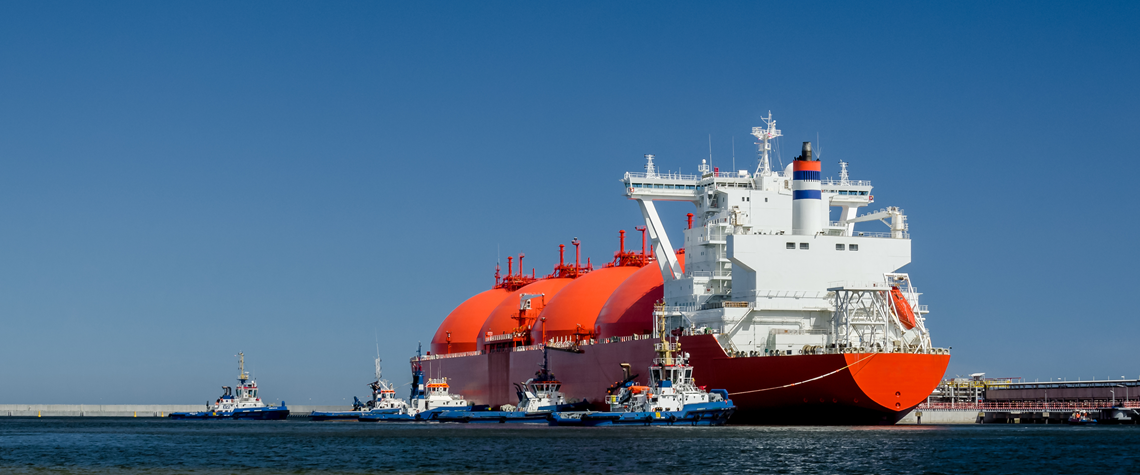Pressure grows on industry to produce ‘green LNG’
The industry needs to reduce the emissions associated with natural gas for it to preserve its role in the energy mix and energy transition
While natural gas is the greenest mainstream hydrocarbon fuel, the massive increase in demand predicted for the coming decades means it would still heavily contribute to climate change. Pressure is therefore mounting on gas producers to reduce the fuel’s carbon footprint. In response, players have started looking for ways to minimise or counterbalance their carbon footprints, with leading producers, traders and consumers indicating plans to decarbonise the supply chain. This is being done in two ways, according to Hussein Moghaddam, senior energy forecast analyst at the Gas Exporting Countries Forum (GECF) secretariat’s energy economics and forecasting department, in a whitepaper published l

Also in this section
9 January 2026
A shift in perspective is needed on the carbon challenge, the success of which will determine the speed and extent of emissions cuts and how industries adapt to the new environment
2 January 2026
This year may be a defining one for carbon capture, utilisation and storage in the US, despite the institutional uncertainty
23 December 2025
Legislative reform in Germany sets the stage for commercial carbon capture and transport at a national level, while the UK has already seen financial close on major CCS clusters
15 December 2025
Net zero is not the problem for the UK’s power system. The real issue is with an outdated market design in desperate need of modernisation







